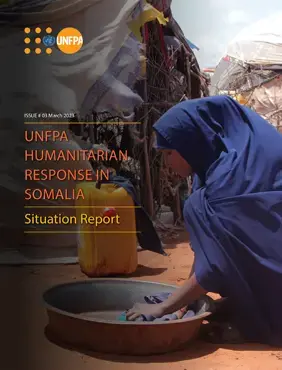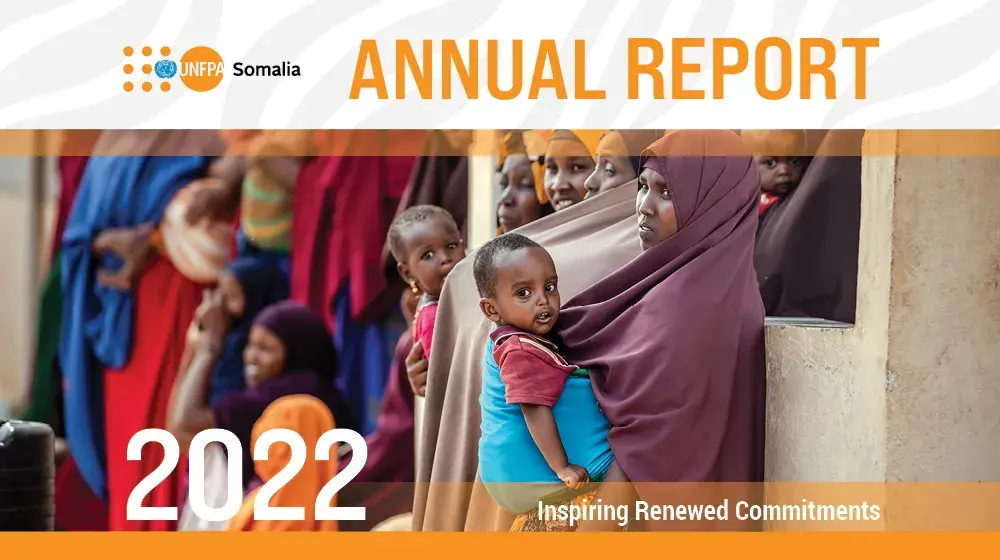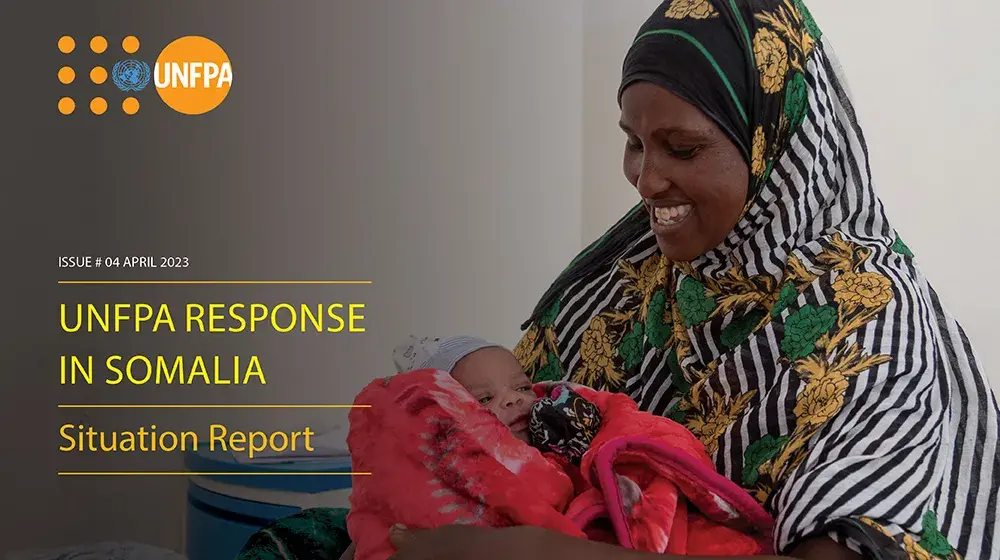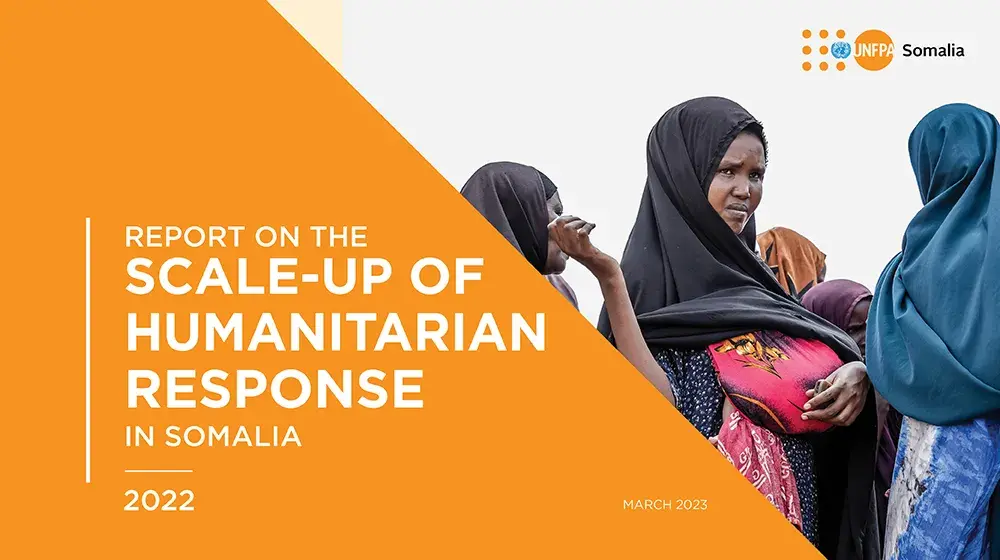The humanitarian situation in Somalia is complex and continues to affect millions of people through multiple displacements, climatic shocks, flash and riverine floods, and armed conflict. Ongoing fighting in Las'Anod has displaced between 154,000 and 203,000 people since December 2022, with an estimated 100,000 crossing into Ethiopia. The Somalia 2023 Humanitarian Needs Overview (HNO) indicates that nearly half of the Somali population, approximately 8.25 million people, require life-saving humanitarian and protection assistance.
Recent reports indicate that heavy rains since mid-March have affected over 175,000 people in Somalia, with 140,000 displaced mainly in Baardheere district, Gedo Region of Jubaland State, and Baidoa district in Bay Region of South West State. There are concerns that flash and riverine floods could affect up to 1.6 million people, with over 600,000 displaced, if heavy rains persist in Somalia and the Ethiopian highlands through the current Gu season. Most displacements are expected in hotspot areas along the Juba and Shabelle rivers, and parts of Bay and Banadir Regions, with localized flooding in Galmudug, Puntland, and Somaliland.
In Las'anod, UNFPA is providing urgent life-saving sexual and reproductive health and gender-based violence services to conflict-affected people. The CO supports 11 Emergency Obstetric and Newborn Care (EmONC) facilities, eight of which are in the Sool region (including Falayeryaal, Awrbogays, Saah-Dheer, Las'anod, Xalin, Las'anod, and Hudun) and three in Garowe. These facilities work 24/7 to serve women, girls, and children affected by the conflict.
UNFPA is also strengthening the capacity of its partners to provide SRH and GBV services and respond to increasing needs. Health facilities and mobile clinics offer services to support maternal and newborn health, birth-spacing options, and Clinical Management of Rape (CMR). MHPSS services are provided to survivors of GBV in safe spaces for women, girls, and young people, as well as in one-stop centers.





